 |
| June 22, 2020 |
Dear Reader,
Over the past few weeks, thousands of people have taken to the streets to protest against police killings of Black people and decades of systemic racism. Although there's not much evidence that the demonstrations have caused spikes in COVID-19 infections, public health experts say there is still some risk. Our lead story today is about the difficulty of tracing infections back to the demonstrations, and how to stay safe while exercising one’s democratic rights. In climate news, rising temperatures brought on by global warming disproportionately threaten pregnant women who work outdoors, who can't access air conditioning and who are Black or Hispanic, according to a panel of reproductive justice experts. Also featured in our roundup: DNA and RNA could have coexisted in strict pairings on our planet before life arose here. And lastly, researchers are growing miniature organs in the laboratory to study how the new coronavirus ravages the body. |
| | Sunya Bhutta, Senior Editor, Audience Engagement
@sunyaaa | |
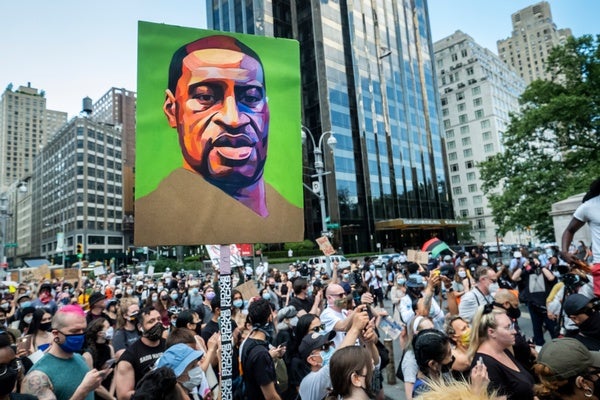 |
| |
| |
| |
| |
| |
| |
| |
| Neuroscience Can Mindfulness Ease Childbirth Pain? A Neuroscientist Says Yes Is mindfulness helpful for women and their partners during childbirth? We talked with neuroscientist Emiliana Simon-Thomas from UC Berkeley’s Greater Good Science Center about the transformative practice of mindful body scan meditation | | By Jade Wu Savvy Psychologist | | | |
FROM THE STORE
 | |
The Science Behind the Debates People say that they trust scientists, yet evidence often takes a back seat to emotions. In fact, for issues that cause the loudest public furor - like vaccine safety - there is almost no debate in the scientific community. In this eBook, we examine the science behind today’s most contentious debates including gun control, GMOs and evolution, as well as strategies for understanding and coping with denialism.
*Editor's Note: This eBook was originally published as a Special Edition The eBook adaptation contains all of the articles, but some of the artwork has been removed to optimize viewing on tablet devices. |  | | |
| |
FROM THE ARCHIVE
 | | | |
| QUOTE OF THE DAY
 "The protesters are largely weighing multiple health risks, including the health risk of being Black in America. And presumably, given the emphasis on social distancing and mask wearing by many of the organizations behind the protests, it's reasonable to assume that many of the protesters are aware of the risks and would be actively trying to prevent spread to their elderly relatives and friends." Caroline Buckee, associate professor of epidemiology at the Harvard T.H. Chan School of Public Health | |
LATEST ISSUES
 |
| |
| Questions? Comments?  | |
| Download the Scientific American App |
| |
| |




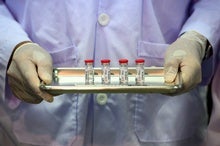
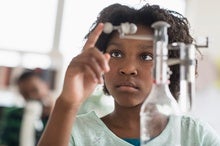
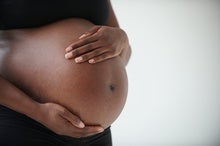
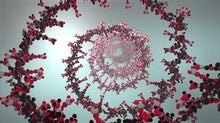
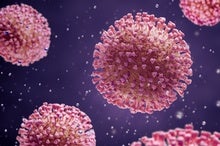
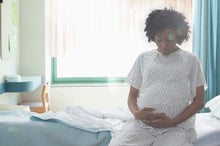
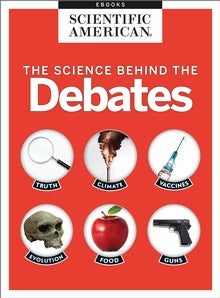

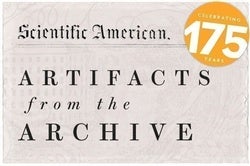
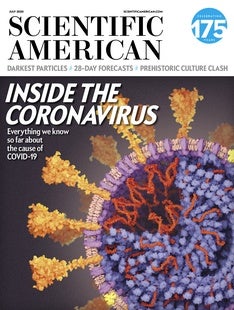

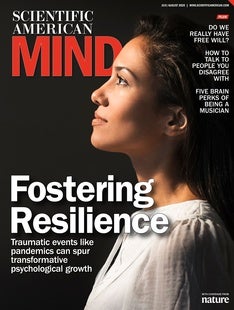
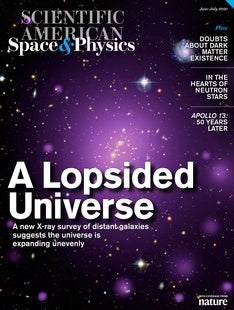
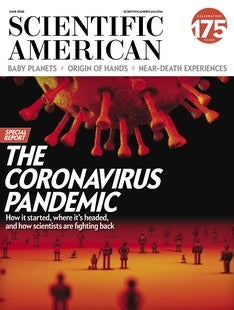



Comments
Post a Comment